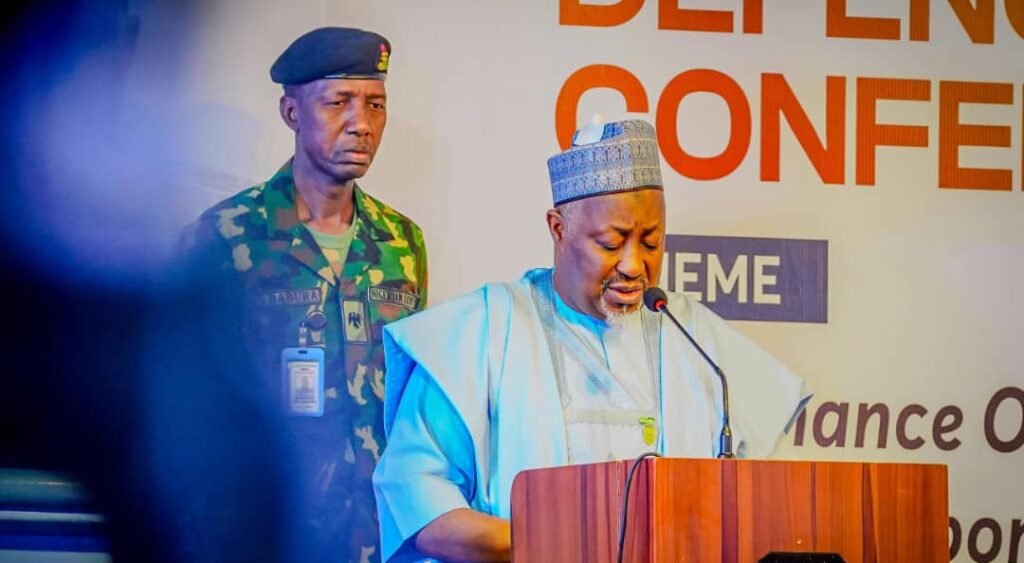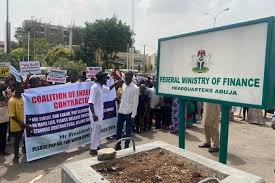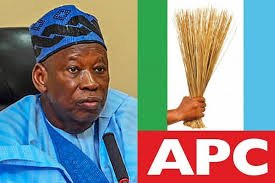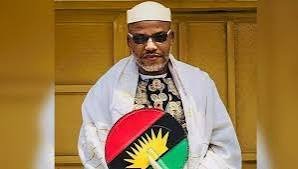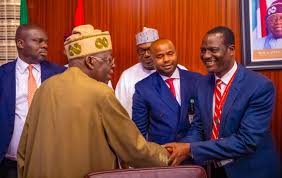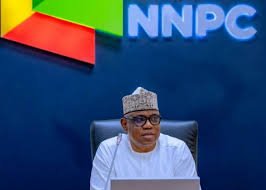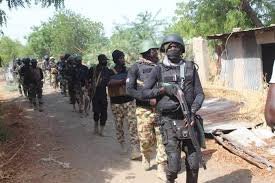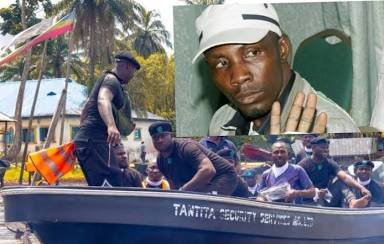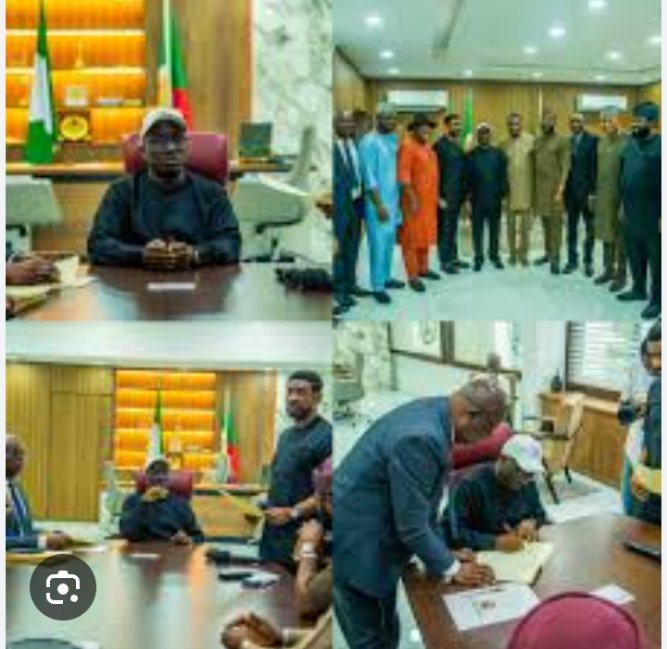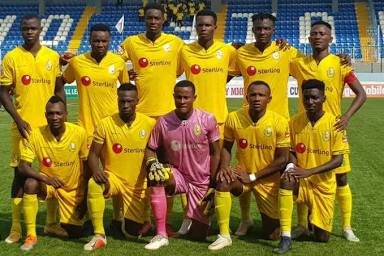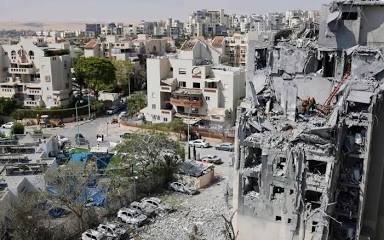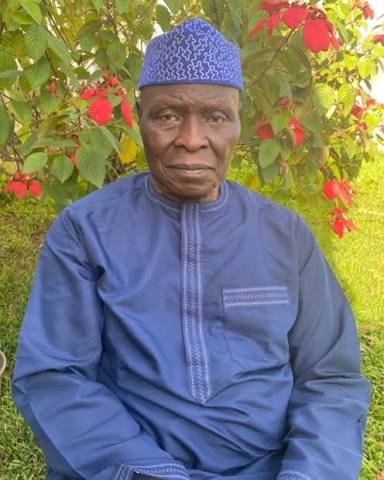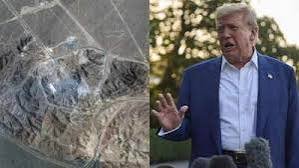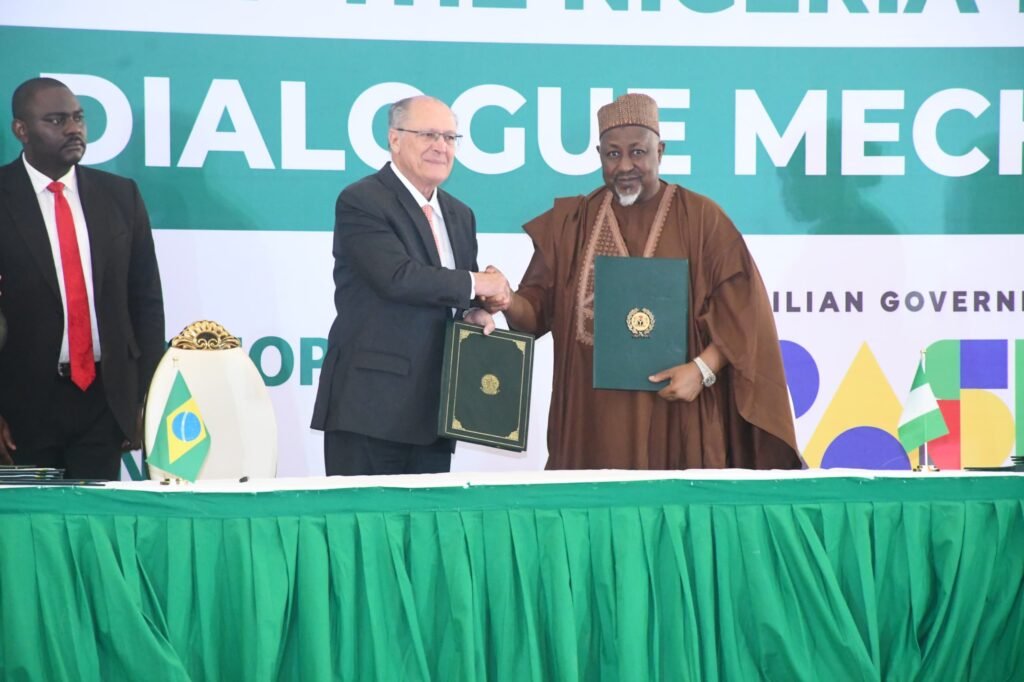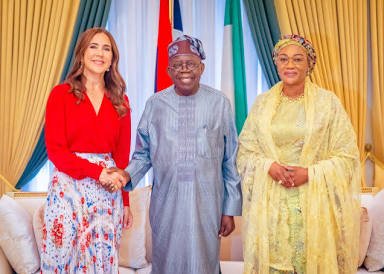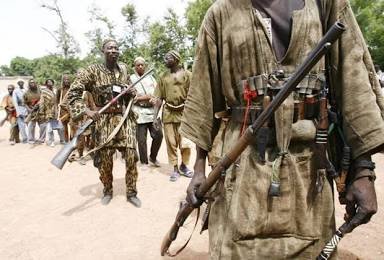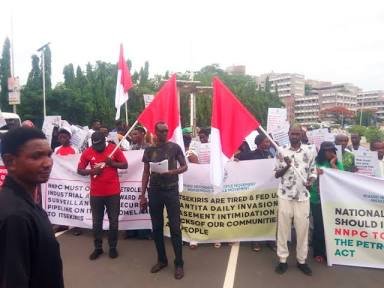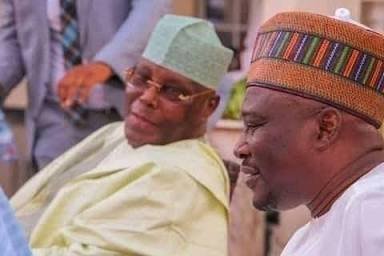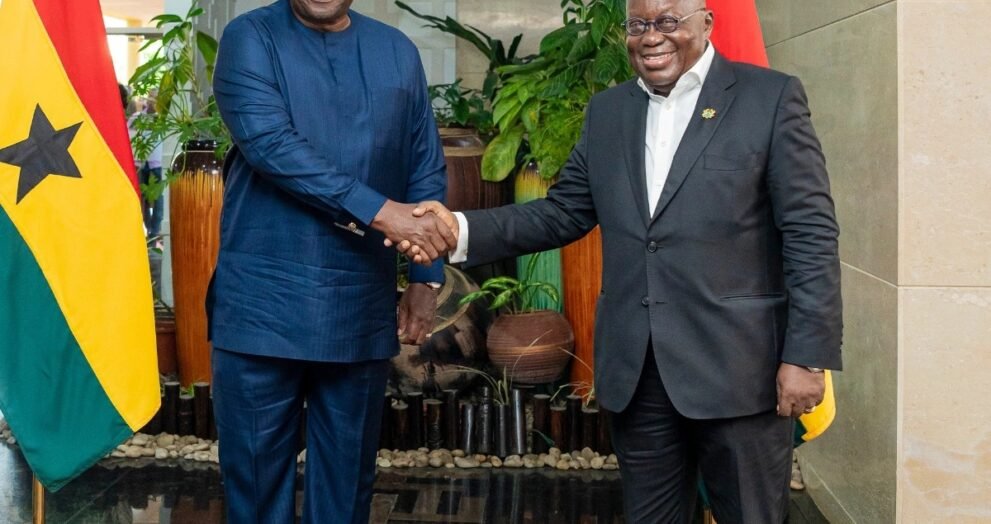NIGERIA WINS JOLLOF DERBY, BOOKS PLACE IN UNITY CUP FINAL
Nigeria’s Super Eagles have emerged victorious in the highly anticipated Jollof Derby, defeating Ghana’s Black Stars 2-1 in the Unity Cup semi-final. Cyriel Dessers opened the scoring for Nigeria in the 14th minute with a clinical finish, assisted by Sodiq Ismail. Ghana’s Razak Simpson inadvertently extended Nigeria’s lead just five minutes later with an own goal. The first half saw Ghana struggle to create scoring opportunities, failing to record a single shot on target. However, the Black Stars showed resilience in the second half, with substitute Brandon Asante-Thomas pulling one back in the 70th minute. Despite Ghana’s late efforts, Nigeria held firm to secure a 2-1 win and book their place in the Unity Cup final. The Super Eagles will face Jamaica on Saturday, who defeated Trinidad and Tobago 3-2 in their semi-final match. This victory gives Nigeria bragging rights in the Jollof Derby, a rivalry that goes beyond football and celebrates cultural unity among African and Caribbean nations. The Unity Cup is more than just a tournament – it’s a celebration of unity, passion, and national pride.


